When you think of Japan, you might think of Tokyo, Osaka or Kyoto, but there are a lot of other amazing cities with incredible opportunities. If you are interested in exploring and checking your options with which city to live in, then don’t worry! I have covered everything here for you. Breaking down different factors that would affect your decision on choosing which prefecture, city or place to live in Japan, let’s dive deep into figuring out where you should live.
Find out Stey-by-step to moving to Japan, Top 5 jobs for foreigners, Best place to live in Japan, How much does it cost to live in Japan, How difficult it is to move to Japan and Find out if you will be happy in Japan.
One of the best ways to explore Tokyo is to visit the local areas and immerse yourself in the local culture. If you want to explore local areas, we have created scavenger hunt adventures personalised to your interests, filled with fun facts, clues and puzzles. If you’re curious, you can check out the games here! Check out the Flip Japan Games here! |
Find out Stey-by-step to moving to Japan, Top 5 jobs for foreigners, Best place to live in Japan, How much does it cost to live in Japan, How difficult it is to move to Japan and Find out if you will be happy in Japan.
Best city to live in Japan

So, what is the best city to live in? It is difficult to say since it depends on what you consider the “best”. Everyone is different and a person’s ideal city to live in here in Japan depends on their personality, lifestyle and interests.
Let’s look at this survey conducted with 4,700 Japanese people between the ages of 20 and 59 about the best city to live in Japan. The prefectures which they found easiest—or think easiest—to live in Japan are Fukuoka, Okinawa and Miyagi.
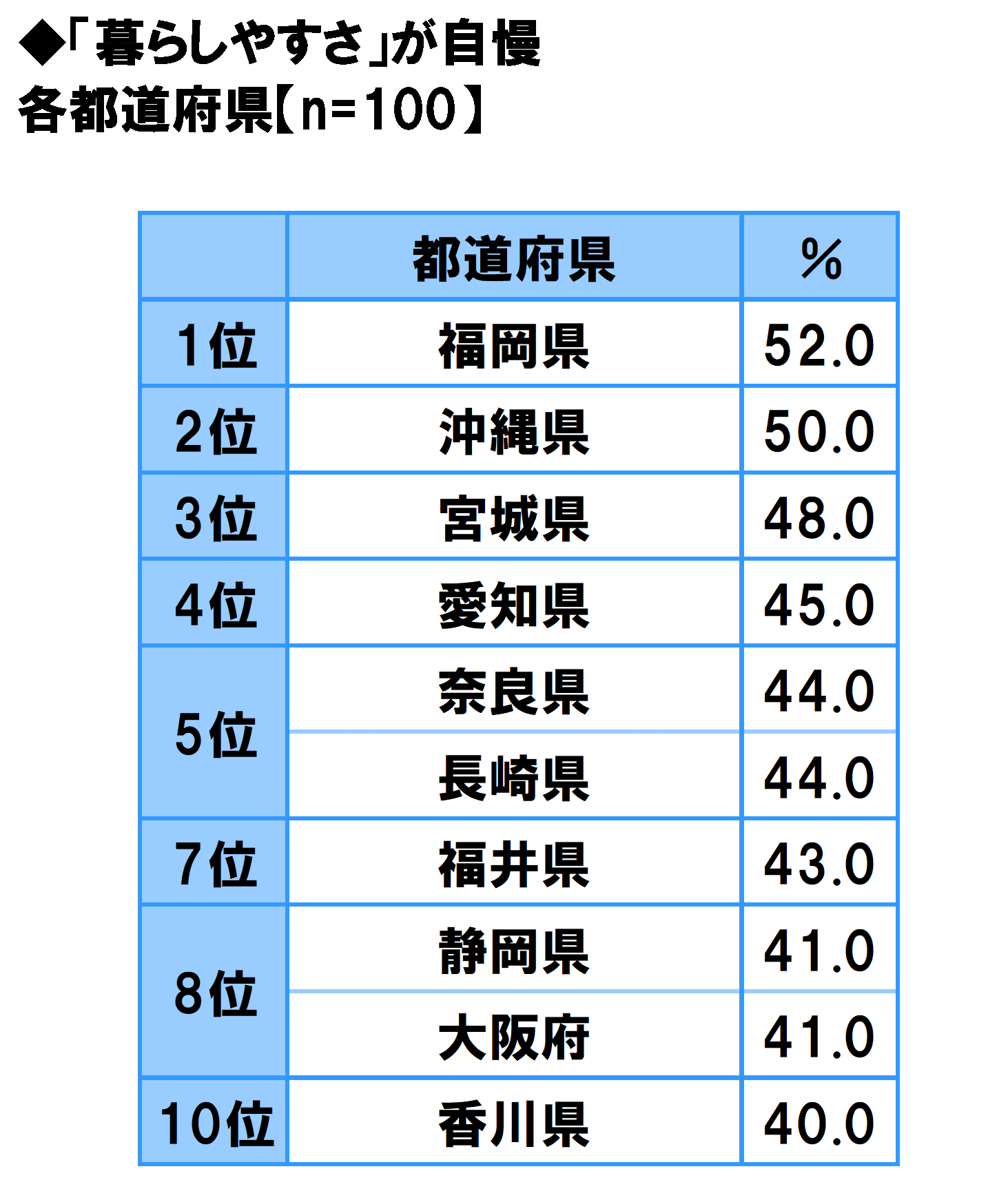
One of the reasons why these three prefectures might be seen as the “easiest” place to live in Japan might be because of the more relaxed pace, lower living costs and the abundance of nature there.
According to another survey that interviewed 31,369 Japanese people, the prefectures with the most charm are Hokkaido, Kyoto and Tokyo. (Source: Walkerplus)
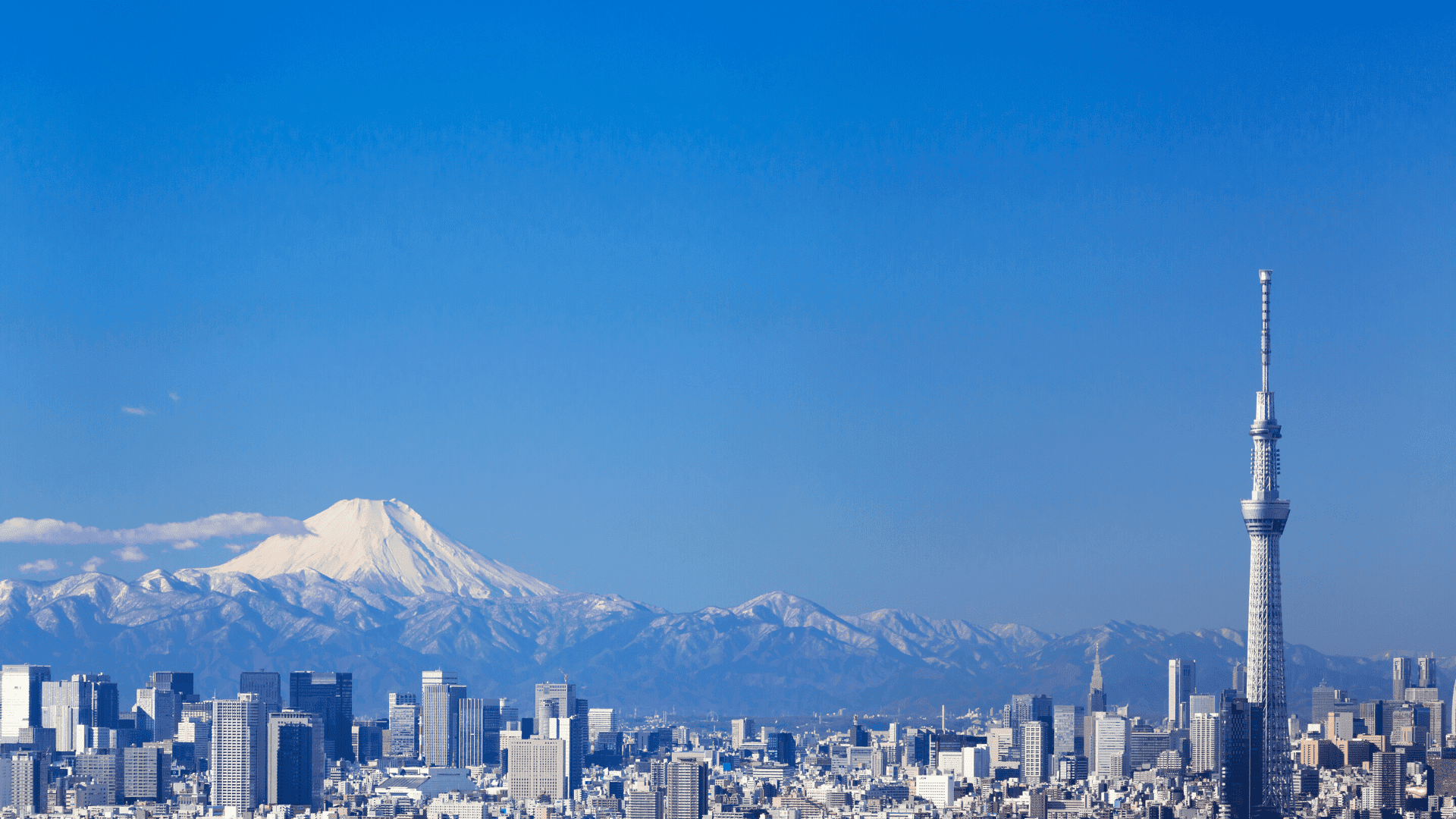
While Hokkaido has a reputation for being icy and cold (the winters are freezing), it actually has four distinct and gorgeous seasons. They have countless activities, a low cost of living and a globally famous cuisine that is different from the rest of Japan, making it a go-to best city to live in Japan.
Kyoto is well-known for its rich history and culture, having once been the capital of Japan. There are many temples, shrines, and they also have the most geisha houses than any other prefecture.
Tokyo, the current capital, is the main hub of Japan with the most hustle and bustle, never-ending entertainment, events and attractions.
As you can see, it is difficult to simply say which prefecture is the best. Here at FLIP Guide, we believe in personalising your trip and modifying your experience based on what you would like. Here are some factors to consider when it comes to deciding which city you should live in.
Which Japanese city or Japanese prefecture to live in
Cost of living
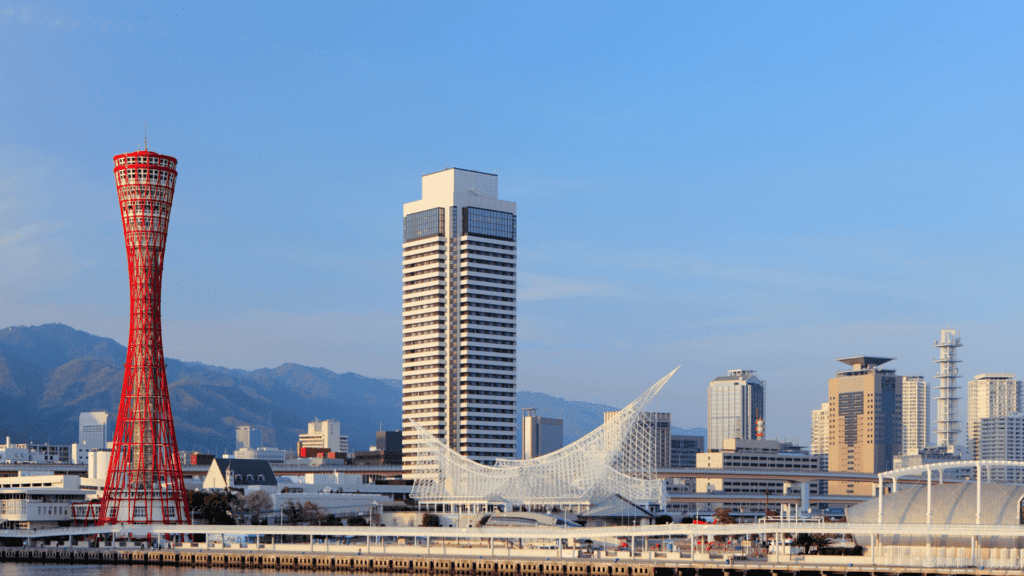
Cost of living would be a big factor for the best city to live in Japan. While the cost of living in big cities such as Tokyo, Kyoto and Osaka tend to be on the higher side, there are many prefectures around Japan that have lower living costs. If you’re not a huge fan of the big urban jungle or large crowds, then maybe one of those other prefectures will be more your speed.
Keep in mind that there are areas or ways to save money even in big cities. If you’re interested in finding out more, check out our article here about how expensive living in Japan actually is.
Job opportunities
If you’re going to move here and be here for a while, then you’re most likely thinking of job opportunities as well. The following examples are just general guidelines, and you should always check with a particular company for more information.
English teacher
Becoming an English teacher is a way for many foreigners to get their foot in the door. There is an abundance of English-teaching jobs, but keep in mind that competition can be pretty stiff in large, popular cities to live in Japan such as Tokyo, especially if you’re picky about your work hours and about what kind of students you want to teach.
There is less competition and more flexibility in smaller, quieter towns, making these places the best cities to live in Japan for you.
Companies

If you are planning to work in an international company in banking, finance, marketing, PR, design, HR, IT, programing and similar fields, then you should probably look into living in one of the big cities or around one of the big cities.
If you are planning to work in a Japanese company, then you have more flexibility on choosing where to live. Most headquarters of big Japanese companies are in big cities but there are many smaller companies all over the country. There are also many factories, such as Toyota factories, that welcome foregin workers and are situated in different parts of Japan.
Service industry
If you are planning to enter the service industry, then there are many places to live in Japan for you, and a lot of local governments will provide support in helping you find a job. For this option, you can find yourself working in supermarkets, convenience stores, restaurants, shops and other areas.
You can find out more about different job opportunities in detail here.
Fitting in

Would you be more comfortable with familiar social circles similar to back home? Or do you want to socialise mostly with Japanese people? This is also a factor when choosing which city to live in.
Big cities are popular for people to live in Japan have many foreigners, both residents and tourists. As of June 2019, foreign residents make up 2% of Japan’s population, and 41% of them are in the Kanto region (where the capital is).
Though the number of foreign residents in Japan has increased over the past few years, it’s not uncommon for foreigners to still feel “outed”, or feel that they are treated differently, so being able to make foreign friends will possibly help you feel less isolated or alienated in Japanese society. (Source: University)
In smaller cities and rural areas to live in Japan, you may quite possibly be the only foreigner there, and you will be labelled as “the foreigner”. The attention you receive may be good or bad, or both. Some locals might be curious and want to know you and your country more, whereas some others may not want to be around you due to culture clashes or awkwardness. This, of course, ensures that the people you meet and possibly befriend will be from the local population if that is what you prefer.
These are just two very basic summaries, and is not what everyone experiences. Maybe you feel even more isolated in big cities with loads of foreigners, and maybe you feel you fit in better with the local communities in smaller areas. Everyone’s experiences will be different. It’s just something to keep in mind before moving here.
For our own personal experiences, check out this list of things we wish we knew about Japan before moving here.
Japanese Community
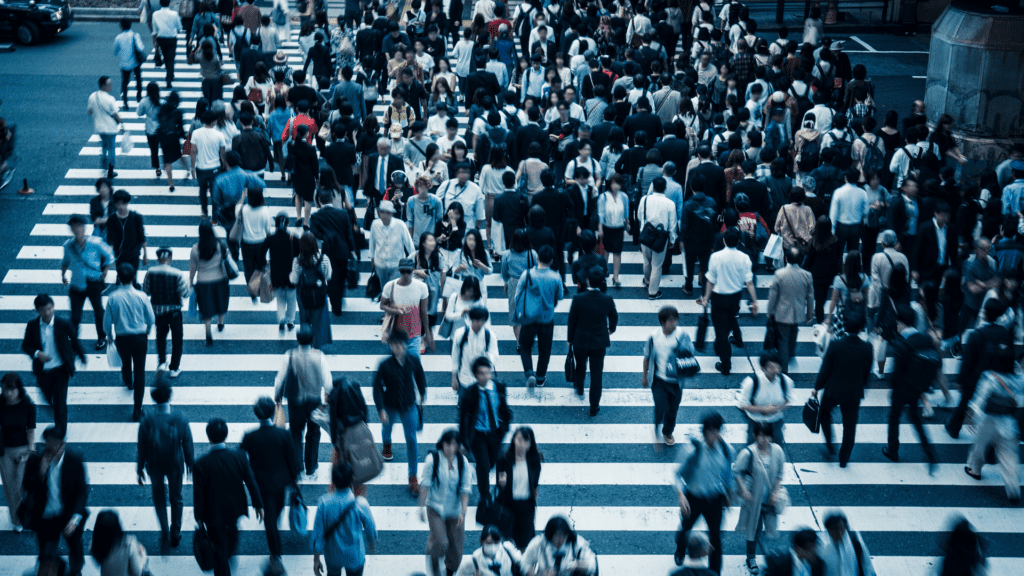
Living in a city where the Japanese community is supportive is an important factor to consider when it comes to choosing the place to live in japan. There’s this stereotype that Japanese people are all polite and nice. But, even within Japan, there are varying levels of “niceness”!
This survey, conducted with 4,700 Japanese between the ages of 20 and 59, asked which prefecture has the kindest and nicest people. In first place is Nagasaki prefecture, followed by Miyazaki and Gunma prefectures. Also, just a tidbit, Osaka prefecture ranked first as the prefecture with the most “personality”. (Credit: Sonylife)
It’s also important to understand the distinction between polite and friendly. In our experience, many people in Tokyo are polite, but are not friendly. This means that they’ll be happy to assist you by giving you directions or by engaging you in small chat, but you’d have to work extra hard to become a friend whom they’ll actually want to hang out with and invite out.
Foreign community
If you’d enjoy the company of fellow foreigners—someone from the same country or same background as you, or even just someone who speaks the same language as you—then consider living in a big place in Japan. As mentioned above, the big cities have the most foreigners and Tokyo most of all. It’ll be harder to find foreigners in smaller and quieter cities.
Unsure where to start? There are different Facebook groups that organise international meet-ups, loads of events with both foreign and local groups, and, of course, the gaijin bars (bars famous for their foreign clientele such as the British HUB chains in Shibuya).
If you’re interested, we have our own Facebook group and Meetup group for you to start digging around.
Food and drinks

When you think of Japanese food, sushi and ramen are probably some of the first things that pop into your head. However, it’s not as commonly eaten as you might think, and that’s ‘cause there are loads and loads of other kinds of Japanese food for people to pick from. It’ll be hard for you to get bored of eating here.
Tokyo also has the most Michelin stars in the world (there are even a few Michelin star instant cup noodles), and you will come across many high-rated restaurants.
Each region has its own cuisine but you’ll be able to find most of them in Tokyo. Some dishes that originated in Tokyo include chanko-nabe (ちゃんこ鍋) which is a chicken-broth stew with vegetables and meat, previously the main food of soldiers and now commonly-eaten by sumo wrestlers.
Another Tokyo dish is the oden (おでん), a miso-broth typically with fishcakes, tofu, boiled egg, and more. Lastly, the anago sushi (穴子寿司), a saltwater eel sushi. It’s unclear if this originated in Tokyo but it’s certainly a signature dish that is found in most sushi restaurants.
Other prefectures have their own specialities. Hokkaido has the famous Sapporo ramen, Iwate has Morigawa cold noodles, and Yamagata has Uesugi beef. As mentioned before, you’ll probably be able to find all these region-based specialities in big cities, so you’ll have loads of options if you choose to move to one.
If you’re worried you may get sick of Japanese food, have no fear. Most cities usually have at least a few restaurants serving other cuisines, most prominently Italian, American, Chinese and Korean. You can also visit a family restaurant where they serve affordable international and fusion dishes, and these family restaurants are found everywhere.
Climate

Japan may not be extraordinarily large, but the climate in different regions can be drastically different, due to Japan’s position and shape. This also means that different regions have their own seasonal flowers, sports and festivals. For example, Hokkaido
The northern part of Japan has a subarctic climate and tends to be drier and cooler. Winters get down to around -5°C/23°F, and summers get up to around 25°C/77°F. Hokkaido and Tohoku attract tens of thousands of people each year with their winter festivals.
The eastern part of Japan, home to Tokyo, has very distinct seasons: summer is often blazing hot and humid and the temperature gets up to 30-35°C/86-95°F; the winters are cold and dry and the temperature goes down to 0°C/32°F. Many places will blast the AC in summer and heater in winter, so once you’ll be fairly comfortable indoors.
The southern part has a subtropical climate. In cities such as Fukuoka, the temperature drops to around 5°C/41°F in winter, and goes up to around 30°C/86°F in summer. In Okinawa, an island separate from Japan, is the hottest prefecture, and the temperature drops to only around 15°C/59°F in the winter, but rises to 30°C/86°F in the summer.
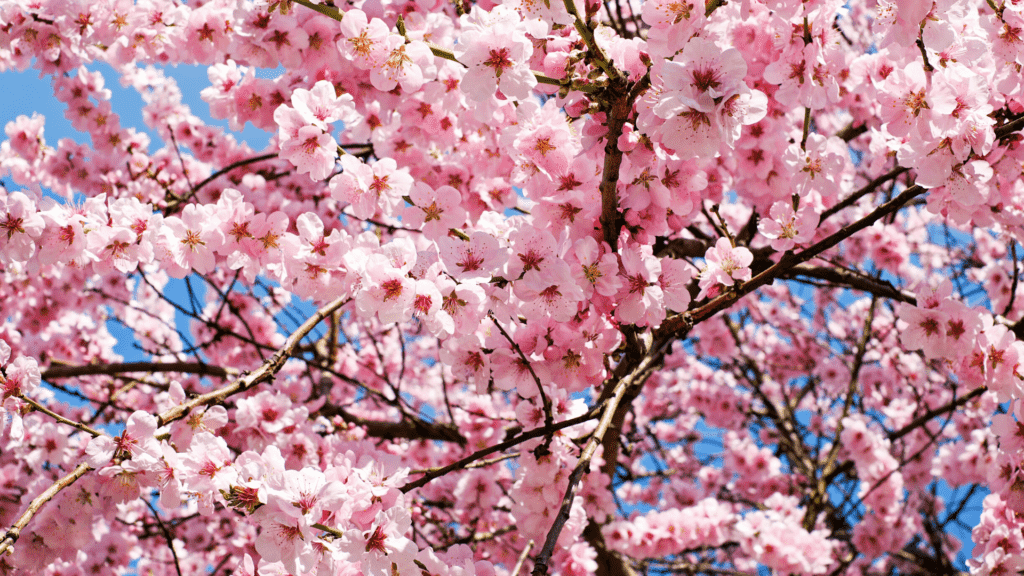
Rainy season
The rainy season is from the end of May till the middle of July. The humidity during this time is relatively high. As the temperature rises along with the humidity, the air during this time tends to feel “sticky” and “warm”.
The rainy season will start from the south and gradually work its way northwards, though not all the way to Hokkaido at the top.
Typhoon season
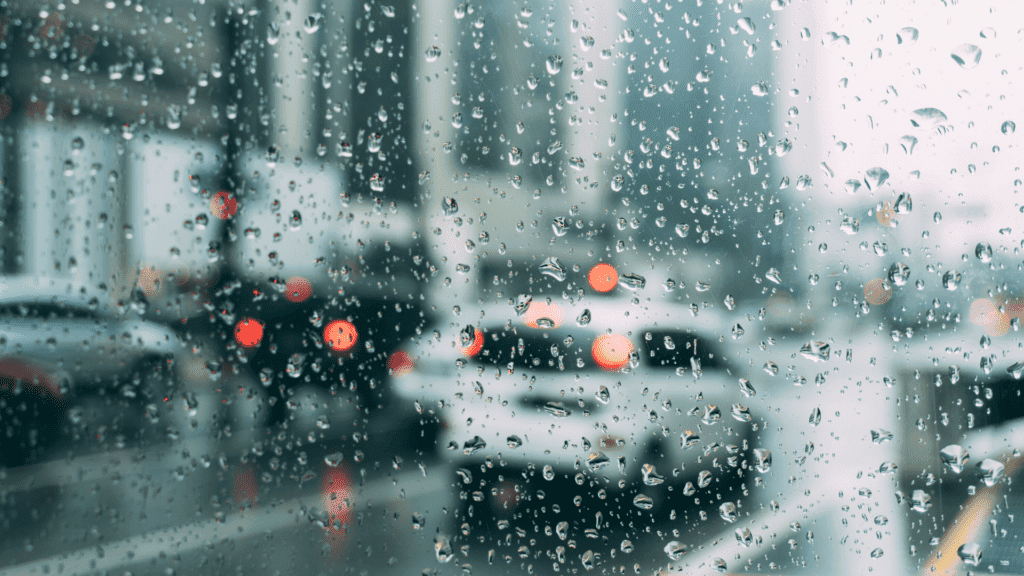
Towards the mid-end of summer, around August and September, you may experience several typhoons. These typhoons can be disastrous for those living by the ocean as they’ve been known to overturn trucks and even topple buildings. Other areas will experience heavy rains and extremely strong winds, but are unlikely to suffer severe damages.
Language barrier
If you don’t speak Japanese, then you should also take into account how “English-friendly” these different cities are. As a whole, even in the big cities, English is not widely spoken. Although this has changed in the recent years and more and more people can speak English, it can still be rather difficult to navigate if you don’t speak Japanese.
Most train stations, roads, shopping malls and other facilities have English signages, to help you navigate around. However, some transportation such as buses might be difficult to navigate, since most of them don’t have english signs or English names of the stops.
Top cities to live in Japan
Here is the big question! What are the top cities to live in here in Japan? Let’s break down the top six cities with the most foreigners living in right now.
1st Tokyo

If you like being in the middle of the action and don’t mind paying a little bit more or living somewhere a little smaller, then Tokyo might be the city to live in Japan for you!
Being the capital city and home to many embassies and international companies, it’s no surprise that Tokyo has the most foreign residents and the go-to place to live in Japan; 20% of Japan’s foreign residents are in Tokyo.
It’s one of the liveliest cities in the world, with countless activities and events happening all year round. It’s also extremely convenient, with trains and buses running all around the city. As Tokyo also gathers the most tourists, you’ll easily be able to meet people from all around the world, making it possibly the best place to live in Japan
As mentioned earlier, the income you would receive in Tokyo is higher than in any other city in Japan. But, the living costs tend to be higher too. If you want to have a decent foreign community but don’t want to shell out too much on living costs, check out the 4th, 5th, and 6th Japanese prefectures with the most foreigners residents.
Pros
- A big foreign community
- Many job opportunities
- Convenient transportation
- Exciting events, entertainment and nightlife
- If you need some peace and quiet, there are many parks, local neighbourhoods and nature nearby
2nd Aichi

This may surprise you but Aichi is the prefecture with the second highest number of foreign residents, second-best place to live in Japan. The influx of foreigners has actually accelerated in recent years. This is possibly due to better, easier-paced working and living conditions for foreign residents.
The minimum wage in Aichi prefecture is 926 yen as of October 1, 1991. This is the fourth highest after Tokyo, Osaka and Kanagawa. Additionally, manufacturing companies such as Toyota are located there, and they accept foreign applicants, making it easy to get a job.
As for the living environment in this place to live in Japan, it seems that Aichi prefecture has various systems that support foreign residents, such as cultural and Japanese language programs.
Pros
- Great support
- Good income
- A lot of job opportunities in specific industries
3rd Osaka

Osaka has the third most foreign residents and it is easy to see why. Osaka is home to Universal Studios, the famous Namba district, and is in close proximity to two other exciting cities: Kyoto and Nara. Also, many Japanese companies have branches in Osaka, along with various international businesses.
Some people have called Osaka “the second Tokyo”. Like Tokyo, Osaka has loads of entertainment and attractions. Where Osaka and Tokyo differ is mainly in the local population. There’s a stereotype that Osaka locals are rowdier and more direct than Tokyo locals who are perceived as reserved and polite. In fact, Osaka ranked number one as the prefecture with the most “personality”. https://www.sonylife.co.jp/company/news/30/nr_181225.html
Pro:
- People with big personalities and individuality
- A lot of entertainment in the area
- Simpler lifestyle
The next three prefectures are all areas connected to Tokyo prefecture, making it easy to commute into Tokyo for work and/or leisure purposes. Depending on where you live in those prefectures and where you work in Tokyo, your commute could be anywhere between 30 minutes to two hours.
If you’re hoping to work in Tokyo but think that the cost of living is too high, or if the hustle and bustle of the city isn’t for you, then check out some of these areas!
4th Kanagawa
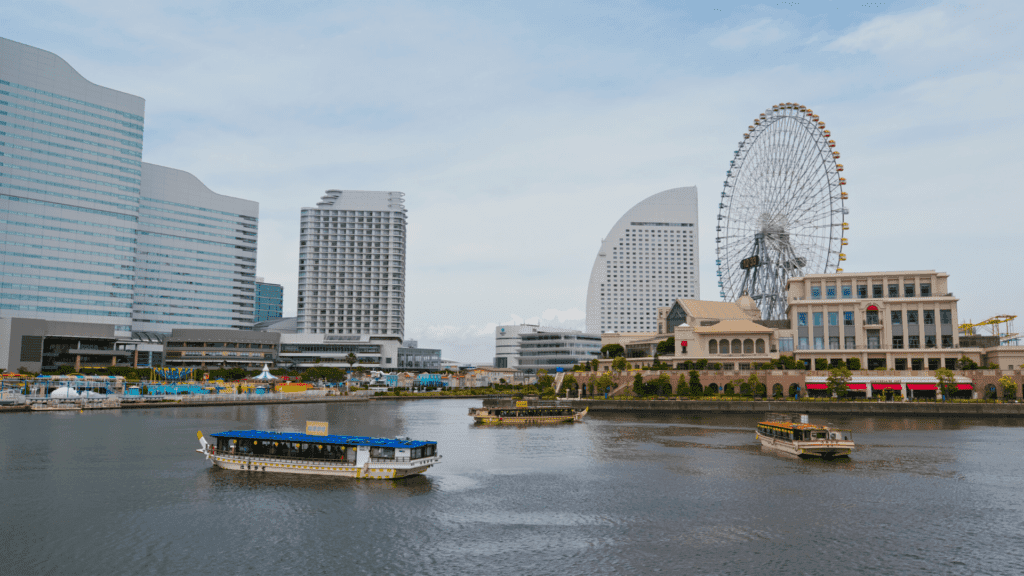
Kanagawa prefecture is to the south of Tokyo. As it’s along the coast, there are many gorgeous beaches that will attract many out-of-towners during the summer. Since the living vibe and atmosphere differs largely even within the prefecture itself, I’m going to break down the major areas.
Yokohama has one of the busiest train stations in the world, making the surrounding area ripe for big buildings, lively entertainment, bars and restaurants. It also houses the famous Chinatown of Japan.
Minatomirai and Sakuragicho are popular day-trip destinations for those living in or around Kanagawa prefecture. There are many large shopping malls, amusement parks, and quirky museums such as the cup noodle museum and the ramen museum. There’s also more nature and tranquility, making it a good choice for people who want both the city and outdoors life.
In the south is Ogawara, which has a ton of nature. Ogawara station is also a stop on the shinkansen—bullet train—routes, making it easier for you to travel around to different parts of Japan.
Yokosuka, also in the south, houses one of the largest U.S. military bases in Japan. You’ll find many Americans here and, as a result, more English-speaking establishments, especially restaurants and bars.
Pros
- Easy access to Tokyo
- Diverse
- A lot of activities and leisure activities
- Great for nature and traditions
- A lot of tourist attractions
5th Saitama
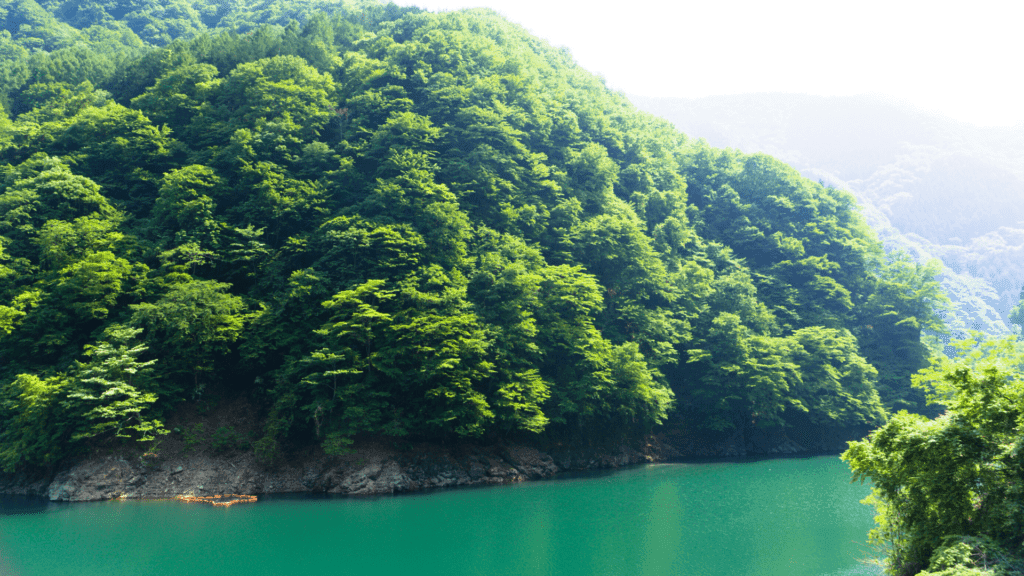
Saitama is in the north of Tokyo, and is known for being “moderately rural and modestly urban”, with a nice mix of the city and nature. There are many flower fields, lakes, and rivers that are enjoyed all-year-round, and all within traveling distance of the city centre. Since Saitama also gets the most sun (ranked number one in Japan for eight consecutive years since 2009), you’ll be able to hang out at all these relaxing, outdoor spots for most days of the year.
Rent is also much cheaper here; the rent of an apartment in Tokyo will usually get you a much bigger place in Saitama.
Saitama isn’t a very popular tourist destination so it’s also quieter and slower-paced. To top it all off, the ground in Saitama is said to be strong against earthquakes and tsunamis.
If you are a sports fan, you will also love Saitama. Popular teams such as Saitama Seibu Lions, Urawa Reds, Omiya Ardija are well-known here. (Source: Chintai)
Pros:
- Easy commute to Tokyo
- Safe
- Great weather
- A lot of nature
- Great for sports fans
6th Chiba
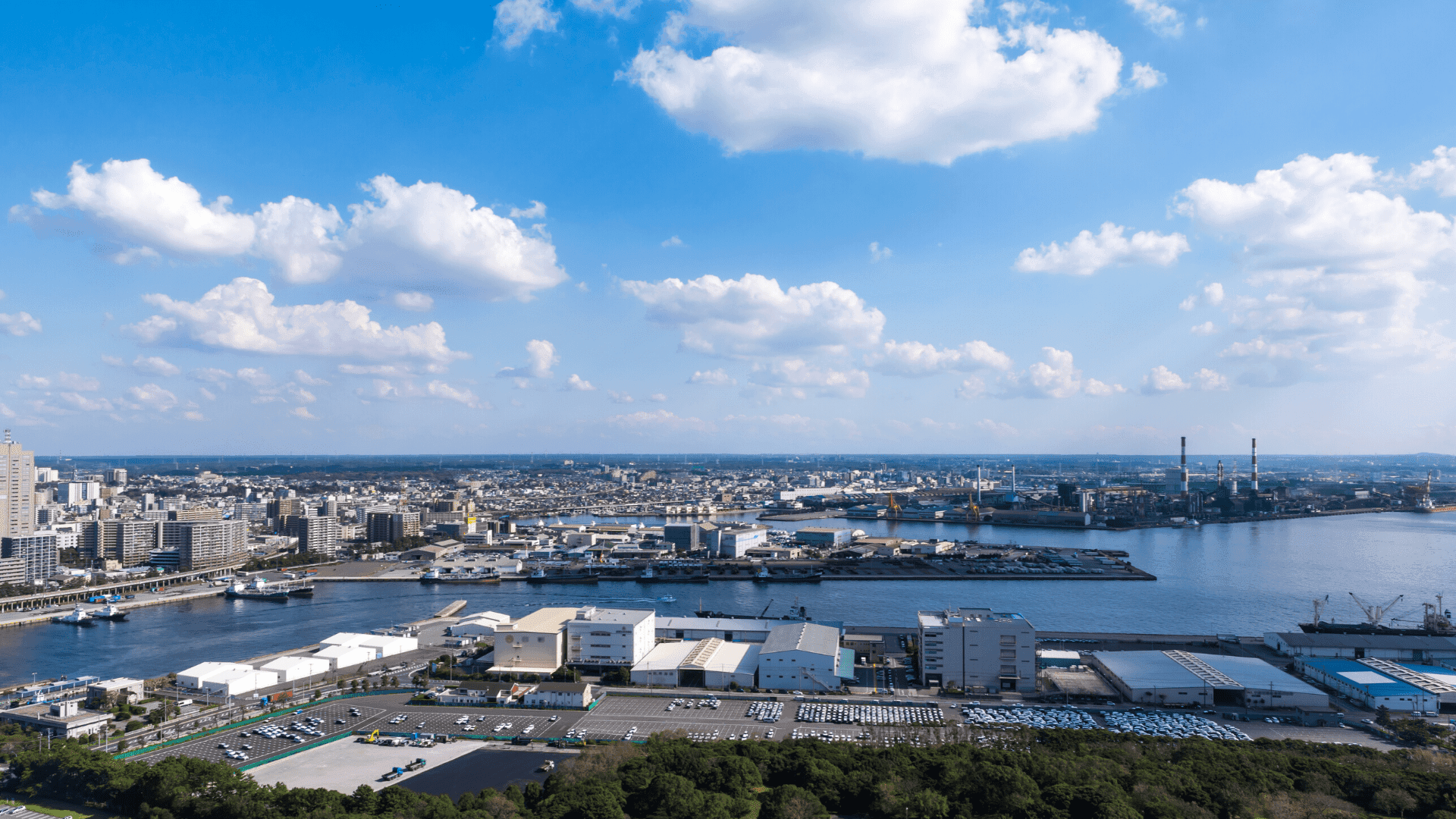
Chiba prefecture is situated to the east side of Tokyo. Just a short train ride from the centre of Tokyo, you will arrive at the bay area of Chiba. There are many popular spots here such as Makuhari Messe, a complex convention facility that is famous for event venues, and the world-famous Tokyo Disney Resort. (Source: Hitachi)
Narita International Airport is also located in the Chiba area. Many international flights fly into this airport everyday. There are also attractions such as the Naritasan Shinshoji Temple and Choshi fishing port around the airport.
Chiba prefecture is also surrounded by the coast, ports and beautiful beaches. In fact, Kujukurihama, a beach in Chiba, was selected as one of Japan’s 100 best beaches, a coastline that extends about 66 kilometers facing the Pacific Ocean. It’s a popular destination for surfing and jet-skiing. There are other nature spots with seasonal fruit-picking as well.
There are also golf courses, hot spring resorts, large shopping malls and facilities such as LaLaport TOKYO BAY and AEON Mall Makuhari New City.
Pros:
- Easy access to Tokyo
- Big malls and shopping complexes
- Entertainment facilities
- Narita airport
Moving to Japan and choosing the city to live in Japan can be a difficult task but with the right resources and tools, you won’t have to stress. You can check out our assistance here.
Find out Stey-by-step to moving to Japan, Top 5 jobs for foreigners, Best place to live in Japan, How much does it cost to live in Japan, How difficult it is to move to Japan and Find out if you will be happy in Japan.
Stay tuned for more information about Japan travel, Japanese culture, moving to Japan, living in Japan, Japanese language and more.
Choosing the place to live in Japan is a very daunting task, especially in a country you may not fully understand. We hope that this guide has laid out the different factors of different prefectures and cities in Japan, and will help you weigh your options better.

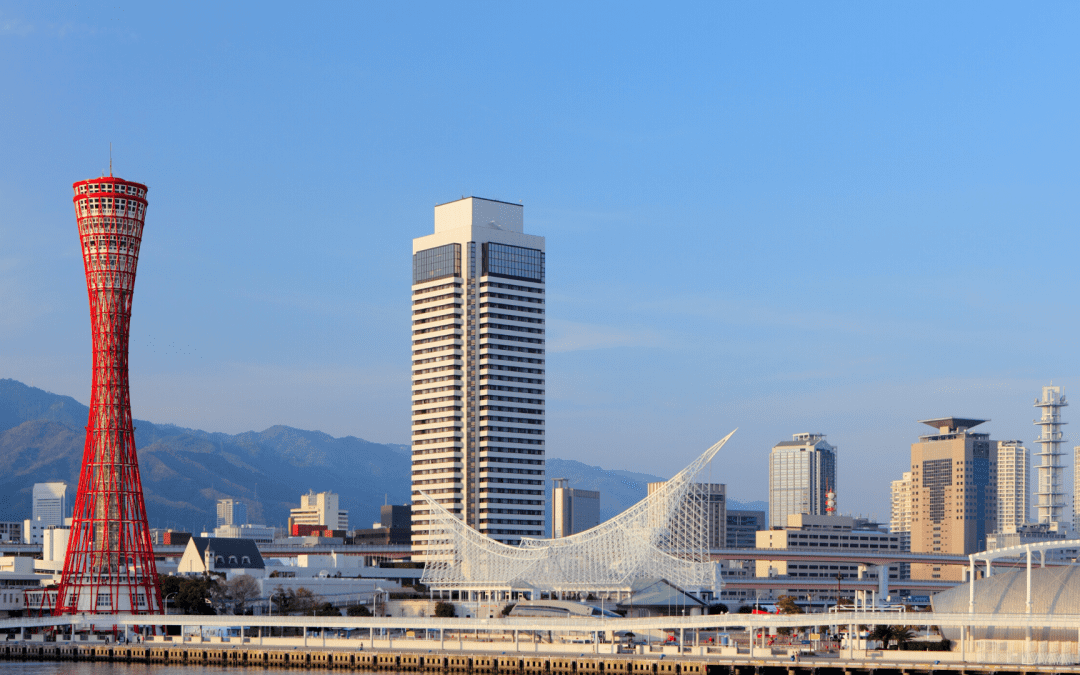
Recent Comments